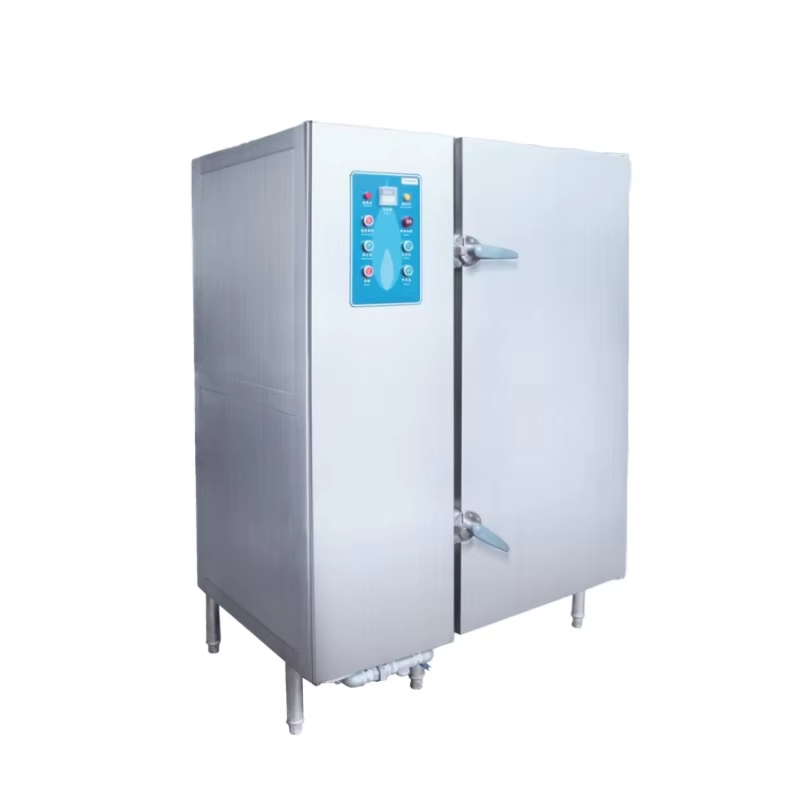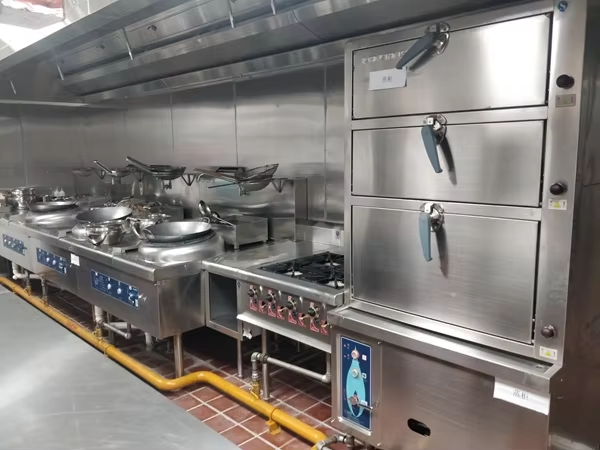Understanding the Importance of Refrigerated Salad Bar Companies in the Food Industry
In the evolving landscape of the food industry, refrigerated salad bar companies have emerged as vital players, catering to the increasing demand for fresh, nutritious, and customizable meal options. These companies specialize in designing and manufacturing refrigerated salad bars that maintain optimal temperatures for various ingredients, ensuring food safety and freshness.
Refrigerated salad bars are designed to keep perishable items such as greens, vegetables, fruits, and dressings at safe temperatures, typically below 40°F (4°C). This temperature range is critical for preventing bacterial growth and ensuring that food remains safe for consumption. The importance of maintaining these temperature controls cannot be overstated, as they are essential for food quality and customer satisfaction.
One of the key benefits of refrigerated salad bars is their versatility. They allow consumers to customize their salads according to personal tastes and dietary needs, promoting healthier eating habits. This customization is particularly appealing in environments such as restaurants, cafeterias, and catering services, where consumers increasingly seek fresh and varied options.
Technological advancements have significantly enhanced the functionality of refrigerated salad bar companies. For example, modern units often incorporate energy-efficient cooling systems that not only maintain optimal storage temperatures but also reduce energy consumption. This is an important consideration for businesses looking to minimize their environmental impact while maintaining operational efficiency. Additionally, some contemporary salad bars feature innovative designs, such as self-serve mechanisms, that improve user experience while streamlining service processes.
The design of these salad bars also impacts food presentation, which can influence customer choices. A well-organized and visually appealing salad bar can entice customers and encourage them to opt for healthier meal choices. Companies engaged in this sector focus on creating aesthetically pleasing layout designs that showcase a variety of colorful ingredients, enhancing the overall appeal.
Furthermore, regulatory compliance is another crucial aspect for refrigerated salad bar companies. Adhering to local health and safety regulations ensures that the food served remains safe for consumption. This includes regular maintenance checks on refrigeration units, staff training on food safety practices, and proper sanitation protocols.
In conclusion, refrigerated salad bar companies play an indispensable role in the food service industry by providing fresh, customizable meal options while ensuring food safety through effective temperature management. With ongoing technological innovations and a growing emphasis on healthy eating, these companies are positioned to meet the dynamic needs of consumers and food service providers alike. By investing in high-quality refrigerated salad bars, businesses can enhance their offerings and contribute to a healthier future for their patrons.
Refrigerated salad bars are designed to keep perishable items such as greens, vegetables, fruits, and dressings at safe temperatures, typically below 40°F (4°C). This temperature range is critical for preventing bacterial growth and ensuring that food remains safe for consumption. The importance of maintaining these temperature controls cannot be overstated, as they are essential for food quality and customer satisfaction.
One of the key benefits of refrigerated salad bars is their versatility. They allow consumers to customize their salads according to personal tastes and dietary needs, promoting healthier eating habits. This customization is particularly appealing in environments such as restaurants, cafeterias, and catering services, where consumers increasingly seek fresh and varied options.
Technological advancements have significantly enhanced the functionality of refrigerated salad bar companies. For example, modern units often incorporate energy-efficient cooling systems that not only maintain optimal storage temperatures but also reduce energy consumption. This is an important consideration for businesses looking to minimize their environmental impact while maintaining operational efficiency. Additionally, some contemporary salad bars feature innovative designs, such as self-serve mechanisms, that improve user experience while streamlining service processes.
The design of these salad bars also impacts food presentation, which can influence customer choices. A well-organized and visually appealing salad bar can entice customers and encourage them to opt for healthier meal choices. Companies engaged in this sector focus on creating aesthetically pleasing layout designs that showcase a variety of colorful ingredients, enhancing the overall appeal.
Furthermore, regulatory compliance is another crucial aspect for refrigerated salad bar companies. Adhering to local health and safety regulations ensures that the food served remains safe for consumption. This includes regular maintenance checks on refrigeration units, staff training on food safety practices, and proper sanitation protocols.
In conclusion, refrigerated salad bar companies play an indispensable role in the food service industry by providing fresh, customizable meal options while ensuring food safety through effective temperature management. With ongoing technological innovations and a growing emphasis on healthy eating, these companies are positioned to meet the dynamic needs of consumers and food service providers alike. By investing in high-quality refrigerated salad bars, businesses can enhance their offerings and contribute to a healthier future for their patrons.
RELATED INFORMATION







